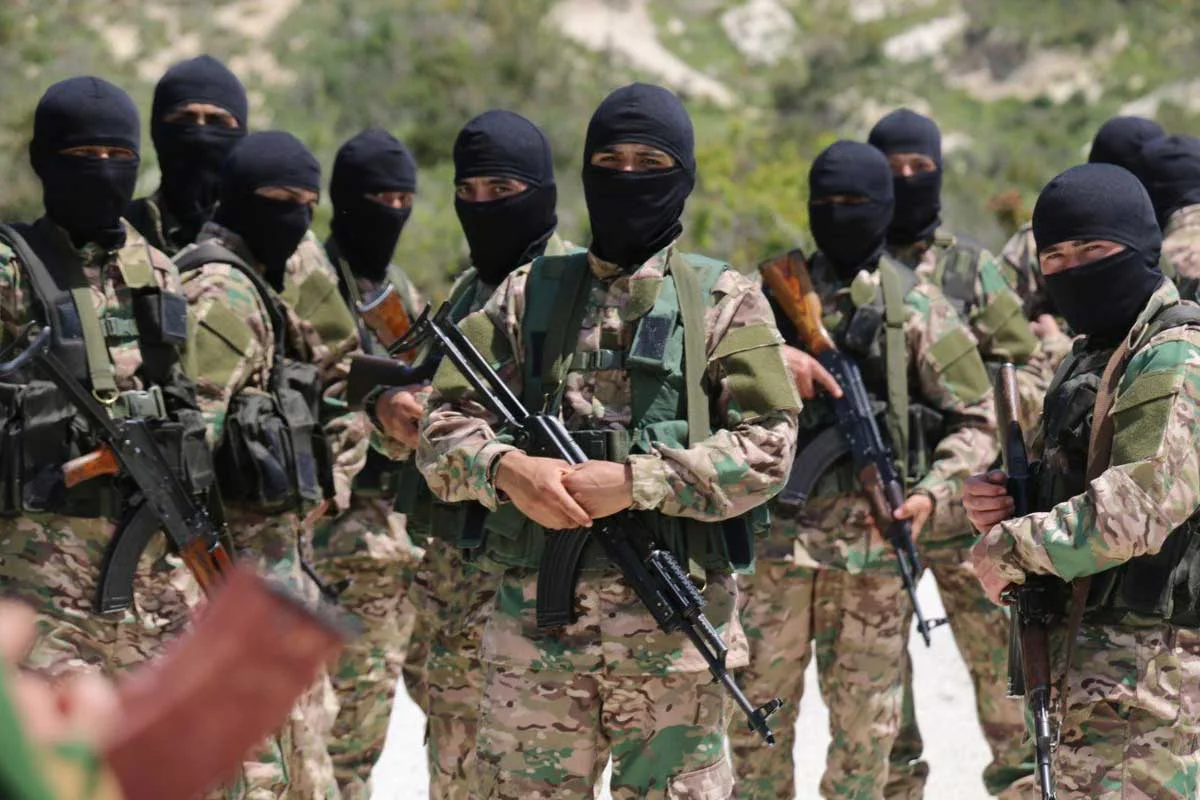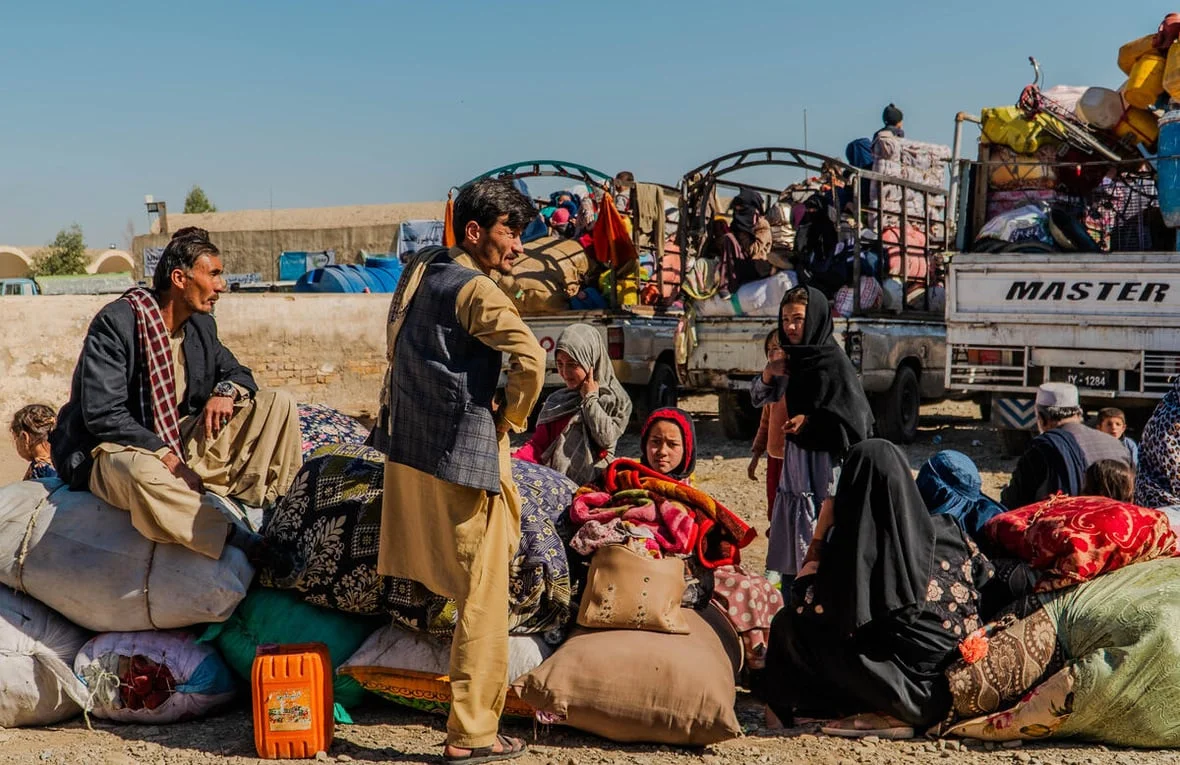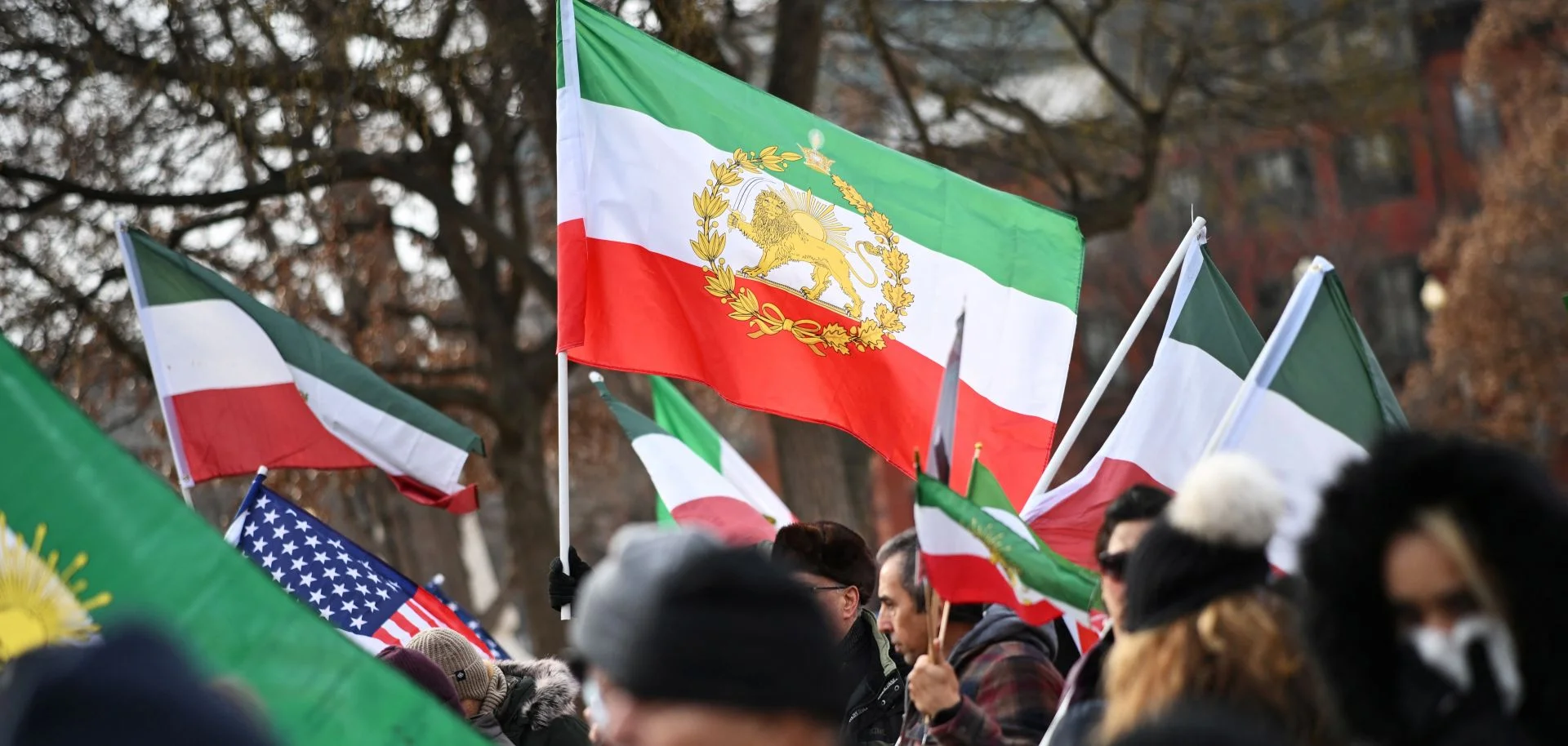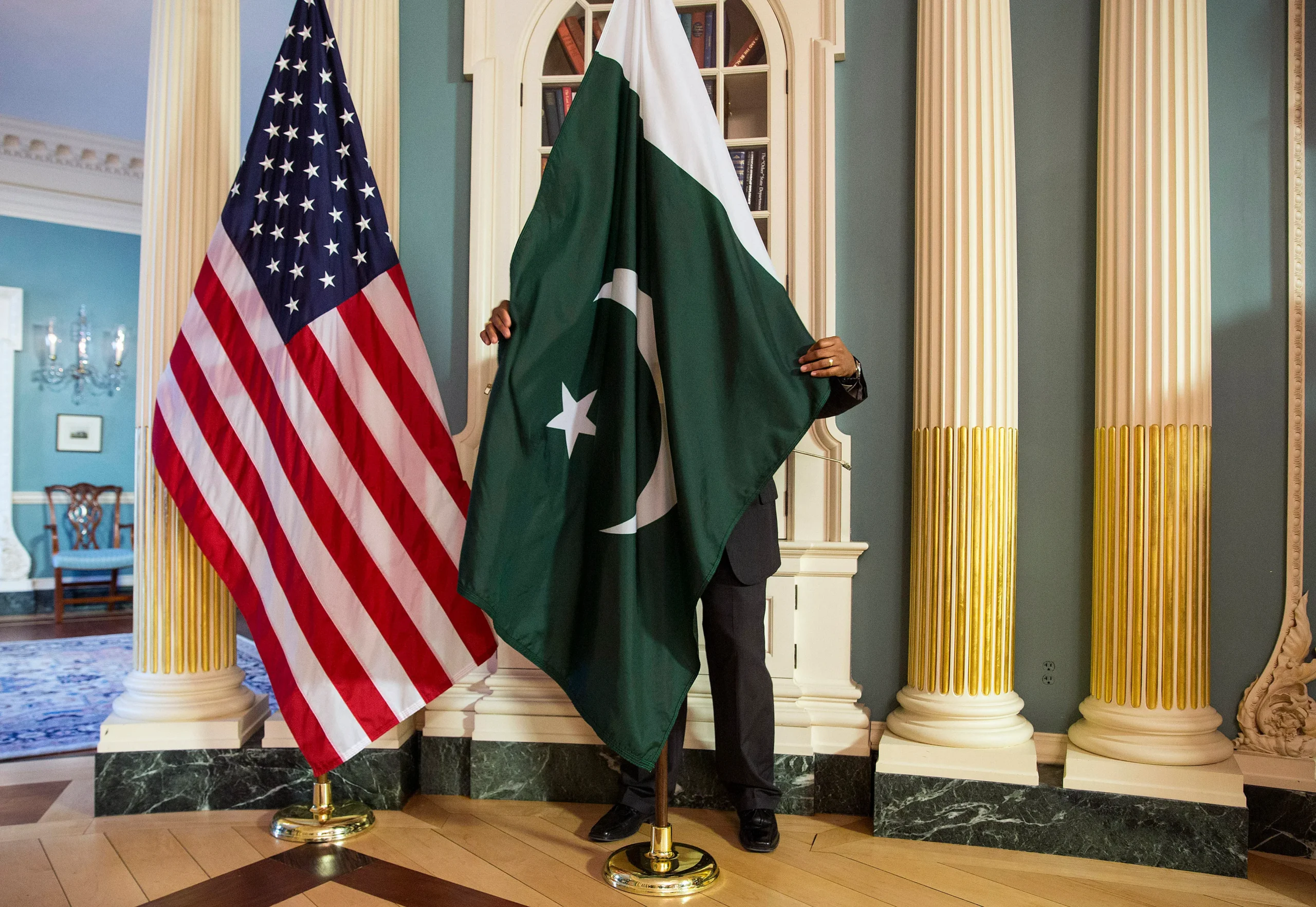The past ten days have been among the bloodiest in recent memory for Pakistan. Over 72 lives have been lost to a spate of terrorist attacks. These attacks have targeted both security forces and civilians alike. From Quetta to Kalat, Harnai to Bannu, and Tirah to Janikhel, Pakistan has been reeling. Terrorism’s resurgence and militant violence has caused widespread distress in Pakistan.
A devastating suicide bombing in Quetta claimed over 30 lives. Militants martyred seven security personnel in Kalat. They killed two security personnel in Harnai, including a Major. Militants took eight lives in Tirah. Militants killed twelve people in Janikhel and Bannu. The attacks, carried out by the Tehreek-e-Taliban Pakistan (TTP), have left a trail of destruction and grief. This escalating pattern of bloodshed is a stark reminder of the unfinished battle against terrorism in the region.
TTP and BLA Lead Terrorism’s Resurgence in Pakistan
In Khyber Pakhtunkhwa, the TTP and its affiliates have continued to escalate their terrorist activities. On 19 November, a notable suicide bombing in Bannu claimed the lives of 12 security personnel. A day earlier, on 18 November, terrorists ambushed a military convoy in northwestern Pakistan’s Khyber district, near the Afghan border, killing at least eight soldiers and injuring three others, one of whom remains in critical condition. The ambush targeted troops returning from a counterinsurgency operation, with subsequent clashes reportedly leaving several attackers dead.
On the same day, in a separate incident, armed men stormed a security outpost in Bannu district, taking seven police officers hostage. This led to authorities launching an operation to secure their release, highlighting the persistent threat and terrorism’s resurgence in Pakistan.
Rising Militancy in Balochistan
The situation is equally dire in Balochistan, where the Balochistan Liberation Army (BLA) has intensified its attacks. On 16 November, a devastating suicide bombing at the Quetta railway station claimed 25 lives, while seven security personnel were martyred in Kalat in another assault. These attacks underscore the mounting challenges in the province.
The region, including Khyber and Bannu, continues to endure frequent militant strikes, often claimed by the outlawed Tehrik-i-Taliban Pakistan (TTP). According to the Center for Research and Security Studies, nationwide militant violence—spearheaded by the TTP and Baloch separatist groups—has resulted in over 1,100 fatalities this year alone, illustrating the alarming scale of the crisis and terrorism’s resurgence in Pakistan.
Furthermore, these incidents reflect a broader terrorism wave in Balochistan, where attacks frequently target Chinese interests in Pakistan. Historical examples include the 2018 assault on the Chinese consulate in Karachi by the BLA, the 2020 attack on the Pakistan Stock Exchange, where Chinese investors hold significant stakes, and the 2022 female Baloch suicide bombing at Karachi University, which killed three Chinese teachers. In 2023, the BLA escalated its campaign further by setting ablaze six Chinese mobile towers.
Adding to this, the Bisham attack by the TTP and similar incidents suggest a convergence of interests between the TTP and BLA, particularly in targeting Chinese projects and personnel in Pakistan. This emerging alignment of goals poses a significant threat to regional stability and underscores the critical need for a coordinated response.
Also See: Terrorism in Pakistan: The Indian Footprint
China’s Response viz-a-viz Recent Attacks: A Glimmer of Hope
This recent wave of violence reveals a pattern: attacks targeting security forces, law enforcement, and Chinese interests in Pakistan. The implications are severe—not only for Pakistan’s internal stability but also for its international commitments. Chinese projects under the China-Pakistan Economic Corridor (CPEC) have frequently been targeted, jeopardising the $64 billion partnership. The BLA’s consistent targeting of Chinese interests has strained ties with Beijing, which expects Pakistan to safeguard its investments and citizens.
Amid the escalating violence against Chinese officials in Pakistan, China’s top diplomat on Afghan affairs, Ambassador Yue Xiaoyong, visited Islamabad on November 19, to discuss Afghanistan’s evolving situation with Pakistani authorities. Pakistan shared fresh evidence with Ambassador Yue, highlighting the use of Afghan territory by the banned Tehreek-e-Taliban Pakistan (TTP) and its affiliates, emphasizing the threat to regional peace. Islamabad reiterated that progress in bilateral ties with the Taliban hinges on verifiable action against terrorist sanctuaries. Pakistan reiterated that the Afghan Taliban’s inaction against the TTP has strained Pakistan-Afghanistan relations, reducing bilateral contacts to a minimum.
Meanwhile, Chinese Foreign Ministry Spokesperson Lin Jian also reaffirmed China’s support for Pakistan’s fight against terrorism during a Wednesday briefing, referencing Pakistan’s military operation in Balochistan.
Additionally, China’s Defense Ministry announced the Warrior-VIII joint counterterrorism exercise, scheduled for late November to mid-December, involving China’s Western Theater Command troops and Pakistan’s military. This marks the first such drills since 2019, aimed at enhancing joint counterterrorism capabilities.
Pakistan’s Response to Terrorism: Another Military Operation
In the wake of these attacks, Pakistan’s National Action Plan Apex Committee has announced a military operation in Balochistan to dismantle terrorist networks, targeting groups such as the BLA, Majeed Brigade, Balochistan Liberation Front, and Balochistan Raaji Ajoi-R-Sangar. This effort aligns with broader goals to counter-terrorism and stabilize the province, with China’s support emphasizing strong bilateral ties. The committee also revealed plans to revitalize NACTA under Azm-i-Istehkam, establish a National and Provincial Intelligence Fusion and Threat Assessment Centre, and adopt a “whole-of-system approach.”
The Regional Dimension of Terrorism’s Resurgence
The resurgence of militant groups is not a localized phenomenon. For instance, a recent attack on a private Chinese enterprise in Tajikistan’s border area with Afghanistan resulted in the death of one Chinese national and injuries to four others. Tajikistan, which designates the Taliban as a terrorist organization, shares a 1,350-kilometer border with Afghanistan.
Meanwhile, in Iran’s Sistan and Baluchestan province, the Islamic Revolutionary Guard Corps (IRGC) has intensified its operations against armed separatist groups. The IRGC has killed three militants and arrested 11. In a related development, last month, at Tehran’s request, Pakistan’s military conducted air strikes. These strikes targeted positions held by Jaish al-Adl, an armed separatist group. Tehran accuses Jaish al-Adl of being backed by Israel. The air strikes resulted in the deaths of 12 group members. These events underscore the complex and interconnected nature of counterterrorism efforts in the region.
The Taliban’s reluctance to act against groups like the TTP has enabled these factions to find sanctuary across the border in Afghanistan. Evidence suggests that Afghan territory continues to be a launchpad for attacks against Pakistan, a reality that has strained Islamabad’s already fragile ties with Kabul.
What Trump’s Election Holds for Pakistan’s Security Policy
Against this backdrop, the election of Donald Trump as United States President significantly deepens the security challenges facing Pakistan. Trump’s foreign policy framework is characterized by a tough stance on Beijing. He takes a conditional approach to Islamabad. His policy also emphasizes combating terrorism globally. He has announced his cabinet’s nominees that feature billionaires, firebrands, Indian-Americans, and controversial figures. Trump has announced key appointments, including his national security adviser, CIA director, and secretaries of state and defence—roles critical for both Pakistan and global dynamics.
Trump has nominated Mike Waltz as National Security Adviser. A former military officer with experience in the Middle East and Afghanistan, Waltz has been a vocal advocate for pressuring Pakistan to address cross-border terrorism. In addition, Tulsi Gabbard, a former Democratic congresswoman now aligned with Trump, has been nominated as Director of National Intelligence. Gabbard has strongly criticized Pakistan, especially during the 2019 India-Pakistan standoff, accusing Islamabad of harbouring terrorism and shielding figures like Osama bin Laden.
Marco Rubio, nominated for Secretary of State, proposed a pro-India, anti-Pakistan bill aimed at strengthening U.S.-India defence ties. The bill sought to curtail Pakistan’s alleged proxy activities while promoting collaboration between the U.S. and India in areas like defence, space, technology, and economic investment. It also advocated for treating India as a key ally, on par with countries like Japan, Israel, and NATO members.
Thus, Trump’s presidency and the appointment of these officials suggest that the U.S. stance towards Pakistan will be challenging. Pakistan must strategically advance its interests by carefully balancing its relationships with both China and the U.S. while demonstrating a firm commitment to combating terrorism.
Countering Terrorism’s Resurgence in Pakistan
The escalating violence in Pakistan, particularly in Balochistan and Khyber Pakhtunkhwa, highlights the urgent need for a multifaceted strategy to counter the growing threats of terrorism.
Restoring peace in Balochistan is crucial, but addressing the province’s socioeconomic deprivation is equally vital. Terrorists exploit poverty and underdevelopment in this resource-rich region to fuel anti-state sentiments. The state must also maintain open communication with the Afghan Taliban to prevent BLA, and TTP from finding sanctuary across the border.
Improved ties with Kabul can help counter the influence of “hostile foreign powers,” such as India which has been deepening its engagement through meetings with key Taliban leaders, including Molvi Muhammad Yaqoob Mujahid, Amir Khan Muttaqi, and Hamid Karzai, to enhance bilateral ties.
As discussed earlier, the escalating attacks are not an isolated phenomenon. Similar incidents in Tajikistan and other regional hotspots point to a broader strategy by extremist groups to destabilize South and Central Asia. To counter this, Pakistan must champion a regional framework for peace and security. Engaging stakeholders like China, Russia, and the Central Asian republics can help create a unified front against terrorism.

![Pakistan faces a wave of deadly attacks, with terrorism resurging in Khyber Pakhtunkhwa and Balochistan, impacting national stability and regional relations. [Image via VoA]](https://southasiatimes.org/wp-content/uploads/2024/11/01000000-0a00-0242-870d-08dca1d68085_w1080_h608_s.webp)




